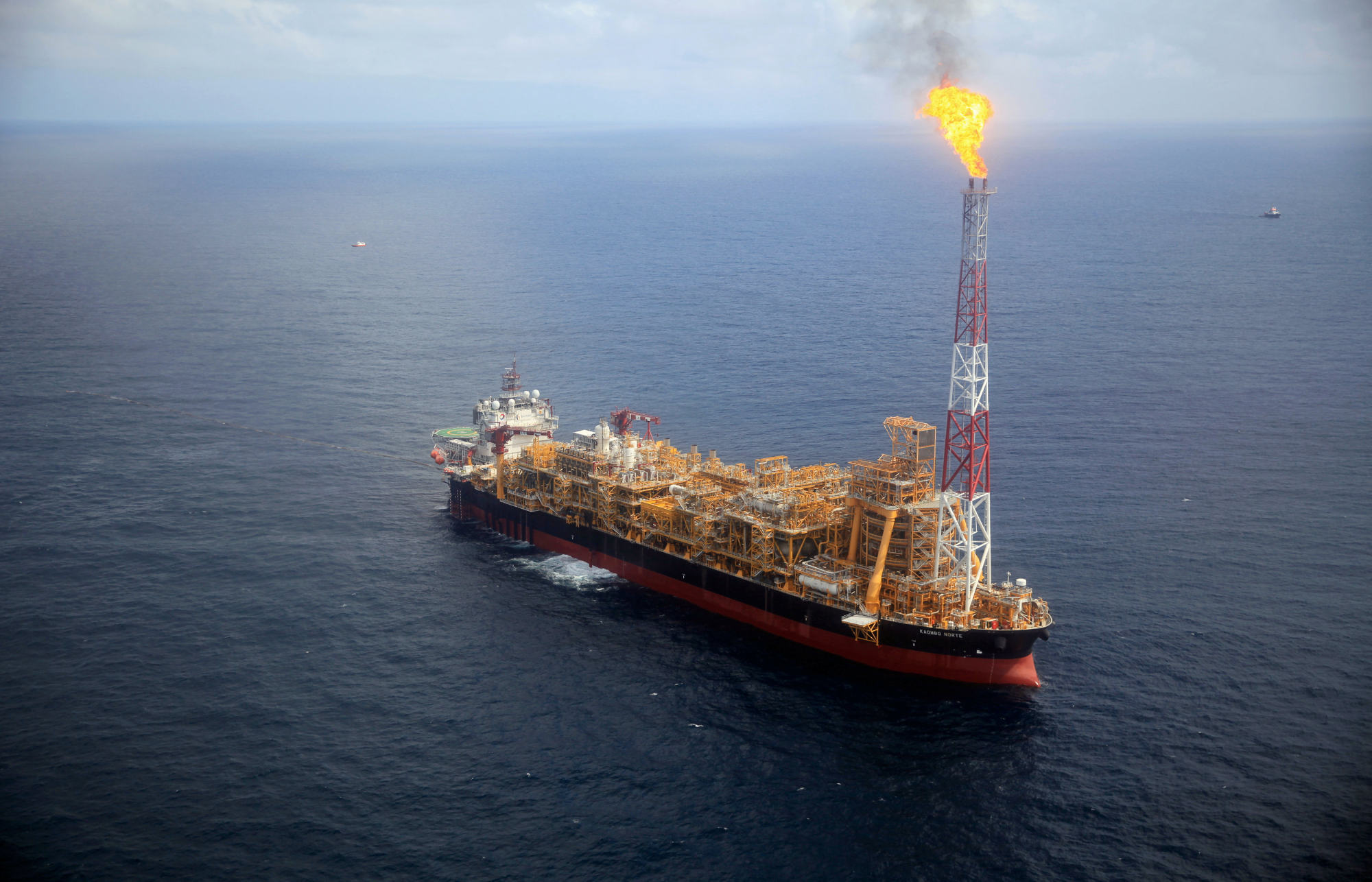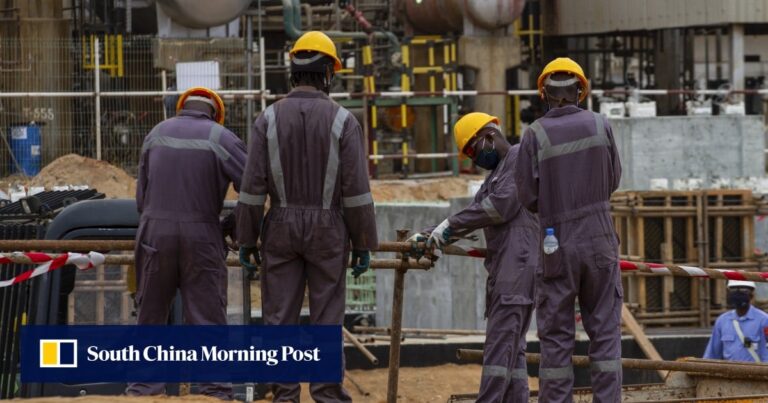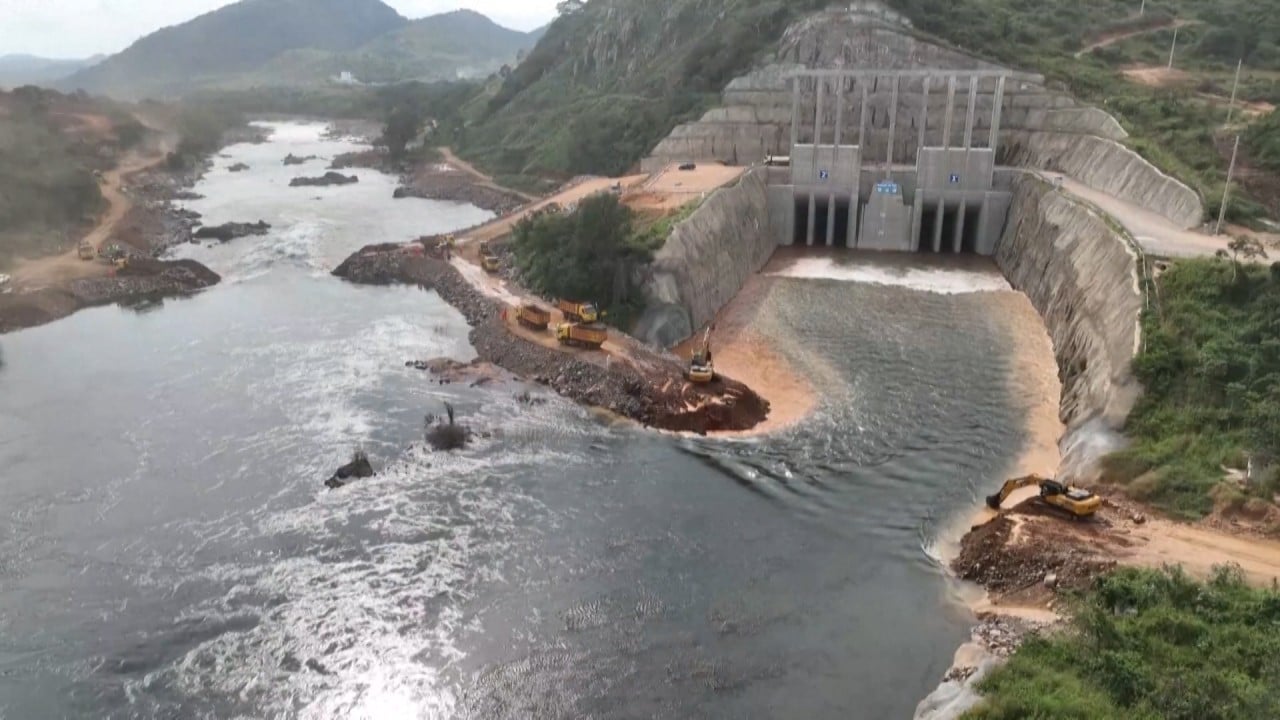Angola had been paying off some of its resource loans with oil shipments, but as prices fell, it was forced to extract more oil to repay the debt, making this policy unsustainable.
Most African countries, like Angola, have seen their crude oil production decline for years due to a lack of investment in equipment and new oil fields.
As China’s oil imports from Africa decline, the country is increasingly turning to more predictable production infrastructure in the Gulf and Russia, according to a report by Carnegie, a Washington-based think tank.
The report said crude oil imports from Russia and most Asian oil-producing countries in 2023 increased from pre-pandemic 2019 levels.
“Nearly all of China’s major oil trading partners in Asia saw imports increase by more than 40 percent, except for Iran, which transits its oil through countries such as the United Arab Emirates (UAE) and Malaysia,” the report said.
Africa once accounted for more than a third of China’s oil imports, but by 2022 that figure had fallen to about a tenth, according to the Observatory of Economic Complexity, an online data platform.
According to the Carnegie report, between 2019 and 2023, China’s oil imports from the UAE (254%), Malaysia (408%), Kazakhstan (214%) and Kuwait (41%) will increase dramatically.
For example, South Sudan, Sudan and Nigeria saw declines of 77%, 67% and 61% respectively.
Lara Wolf, senior country risk analyst for sub-Saharan Africa at BMI, a Fitch Solutions unit, said China’s readjustment of oil imports reflects both supply constraints and strategic geopolitical maneuvering.
He said issues such as aging infrastructure, lack of investment and, in some cases, political instability have largely led to low oil production in Africa, which naturally reduces export capacity and limits the amount of oil China can buy.
As Africa’s supply problems continue, China has strengthened its ties with GCC countries, particularly the UAE, and increased imports from Russia, Wolf said.
The preference for Russian oil may be partly aimed at supporting the Russian economy and securing favorable terms amid international sanctions.
She said the strengthening of ties with the UAE appears to be due to both supply security and deepening economic ties, as shown by several deals with the Abu Dhabi National Oil Company. But the change also reflects the UAE’s logistical advantages and political credibility.
“Preference for Russian oil may also be aimed at supporting the Russian economy and securing favorable terms amid international sanctions,” Wolf said.
“This is a strategic repositioning that is likely to continue as mainland China seeks to navigate the global geopolitical landscape and ensure the reliability and security of its energy supplies.”
Luke Patty, a researcher at the Danish Institute of International Affairs, said the change could be explained by geopolitical and geological factors.
“Russia’s isolation in the West has also led to its growing role as a major oil supplier to China,” Paty said. He noted that the rise of Malaysia and the United Arab Emirates, for example, is the result of them transferring Iranian oil to China to circumvent U.S. sanctions.
“Without stability and significant investment in secondary recovery in mature fields, this trend will continue,” Patty said.

“Trade remains tilted against China, with African countries exporting very little to the Chinese market apart from oil and minerals. [Africa’s] “Our historic relationship with the West,” Patty said.
Mark Borndo, senior credit research analyst at REDD Intelligence, said the decline in African crude flows to China was mainly due to Middle Eastern exporters competing more aggressively for market share in Asia as the United States, traditionally the Middle East’s main export market, has become more self-reliant thanks to the shale oil revolution (produced through a method known as fracking).
Borndo said this was achieved by offering even bigger discounts to Asian consumers.
“We expect this trend to continue in the short term, even as production increases in African countries such as Côte d’Ivoire, Gabon, Senegal and Uganda,” he said.
Borndo said Chinese oil producers are involved in many of these development projects, but much of the new production is likely to be shipped to Europe and other markets.
“In the medium term, Mozambique and Tanzania’s liquefied natural gas production is likely to flow into Asian markets, but their market share will still be small compared to Qatar and other producers.”


